

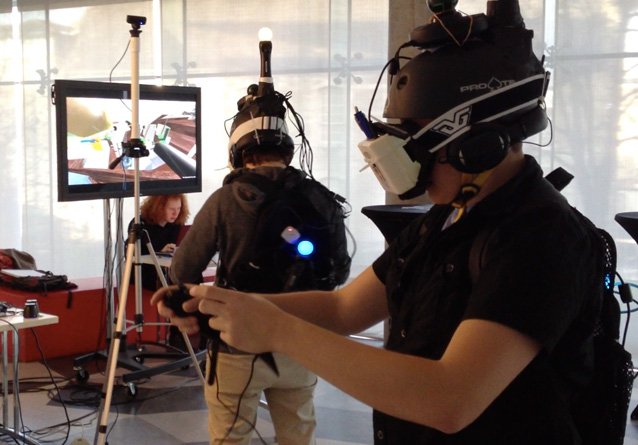
With the Oculus Rift making waves all over the place these days, it's starting to feel as if virtual reality is a thing that might be about to emerge as a legitimate way to game. Some folks in the University of Southern California Game Innovation Lab think that's certainly the case, and so a team of about 40 students and volunteers are working on something they call Project Holodeck.
The Holodeck is a far more ambitious device than Oculus, however. Oculus is a head-mounted display that tracks the movement of your head, but it's not a full virtual reality experience. Holodeck, on the other hand, is.
At this time, the Holodeck is a pretty unwieldy thing. In order to play with it, you must wear a backpack with some sort of equipment in it and a bicycle helmet with an Oculus display mounted on the front and a PlayStation Move controller on top, and hold two Razer Hydras in your hands.
Starting up is awkward, sure, but what matters is the experience. And once you've got everything on, you are set in a virtual world. You can walk around within the space of the game world by walking around with your real legs, and when you move your real arms you can see their digital representation in your headset, and you can pick up things by pressing one of the buttons on the Hydras. By default, Holodeck loads you up with pistols on each hip, and shooting them is a thrilling experience.
And the world within the Holodeck is a full sphere. You can look straight up and down and turn around to your heart's content, and you will find no gaps in the digital world.
There is one game that currently runs on Holodeck, and it is called Wild Skies. In it, you and a partner control and airship and must fight off pirate airships with cannons. Ideally, one of you will steer the ship and the other will shoot.
Shooting in Wild Skies is, to put it mildly, difficult. This is because your view is never locked on to the cannon's aim. That's a good thing, because it means aiming your cannon is as imprecise as it would be in real life. The challenge of getting it right is part of the fun.
But true excitement comes from pulling thoroughly awful moves with the ship that confuse your brain. Tilting the ship to the side in order to pull a sharp turn is wild, and while your ears will tell you you're still standing straight up and down, your heart will try to force you to adjust for the tilt, leaving you feeling disoriented. That, too, is a good thing, because it means your time in the Holodeck FEELS real as well as looks it.
Right now, the team at USC isn't sure what they're going to do to commercial the Holodeck, but I was told that the major platform holders are paying attention to their efforts, and Razer is actually sponsoring their work by providing them with equipment. Aside from that, though, they're working out of pocket. The students involved at least get class credit for it, however.
They're going to do more than just Wild Skies with it soon. I was told that a lot of folks have suggested they do a zombie game, and so that's what they will probably be putting together in the future. But Holodeck is already an extremely intriguing system, but it will only get more interesting with time. Whether or not it can ever be a mainstream device, though, is a question for another day.
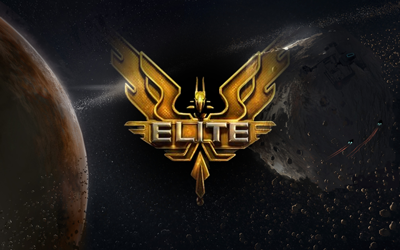
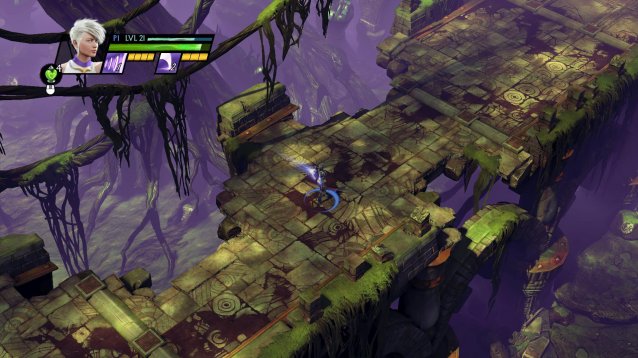
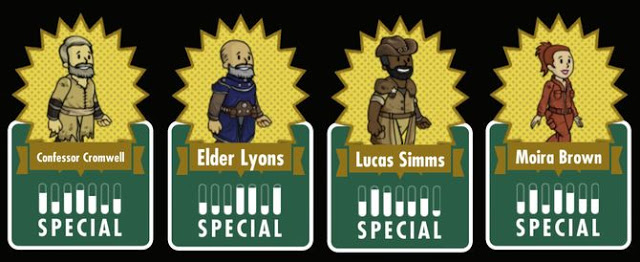

 MGS V: Ground Zeroes To The Phantom Pain Save Transfer Guide: S Rank Missions, Costumes, Prisoners & More
MGS V: Ground Zeroes To The Phantom Pain Save Transfer Guide: S Rank Missions, Costumes, Prisoners & More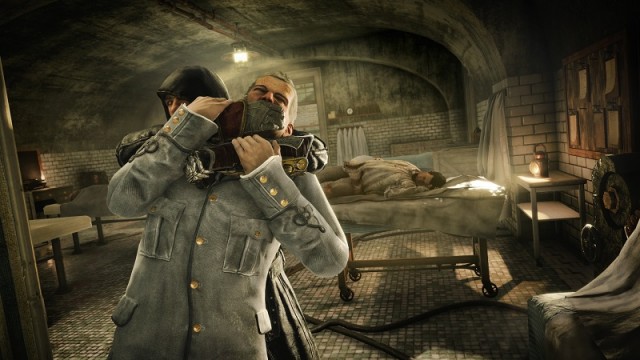 Sequence 8 - Triple Theft: Kidnap Chester Swinbourne Assassin's Creed Syndicate Walkthrough
Sequence 8 - Triple Theft: Kidnap Chester Swinbourne Assassin's Creed Syndicate Walkthrough Enemy Front Wiki – Everything you need to know about the game. .
Enemy Front Wiki – Everything you need to know about the game. .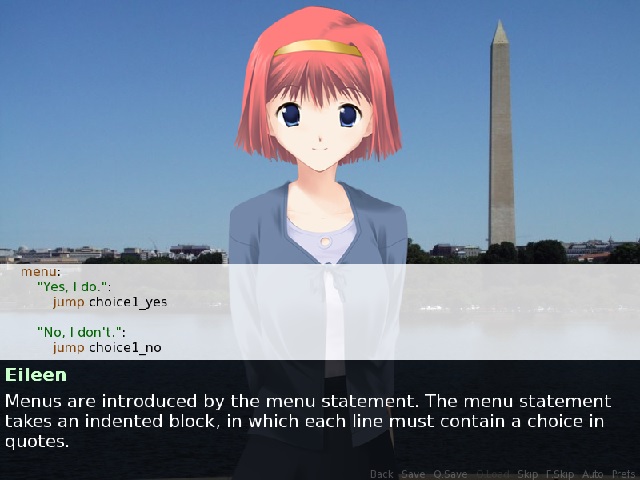 Learn To Make Your Own Visual Novels With Ren'Py, Or Play One Of These
Learn To Make Your Own Visual Novels With Ren'Py, Or Play One Of These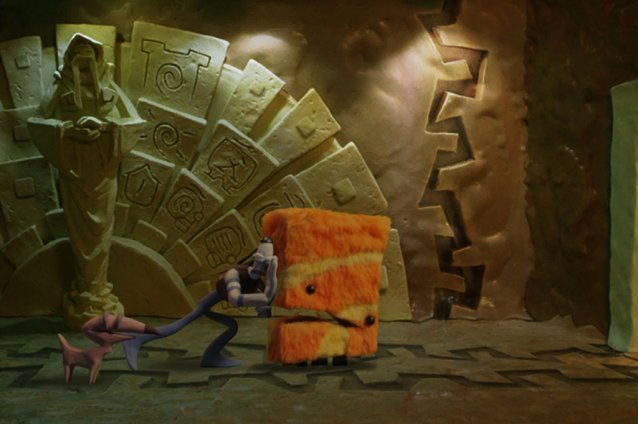 Review: Armikrog
Review: Armikrog